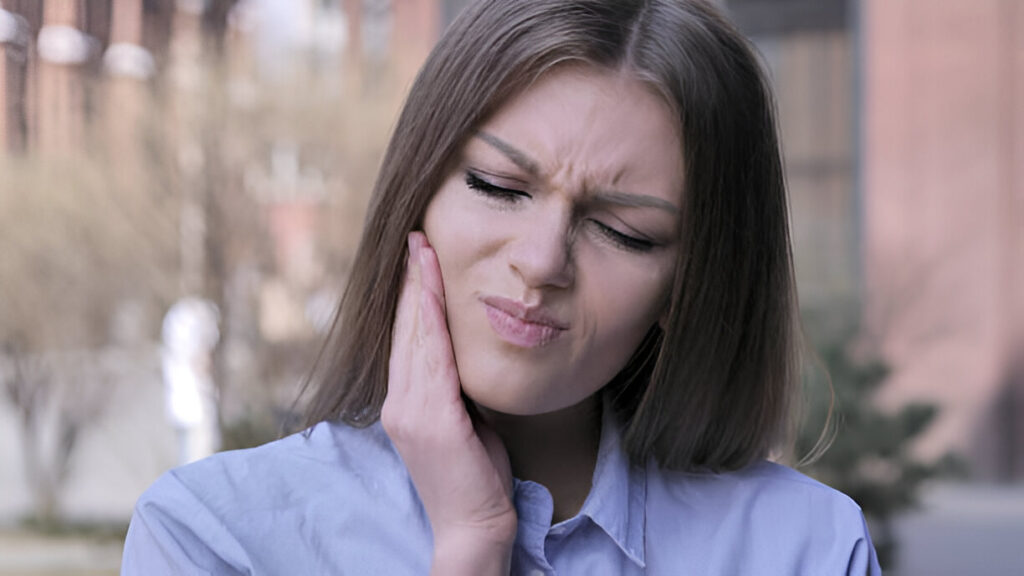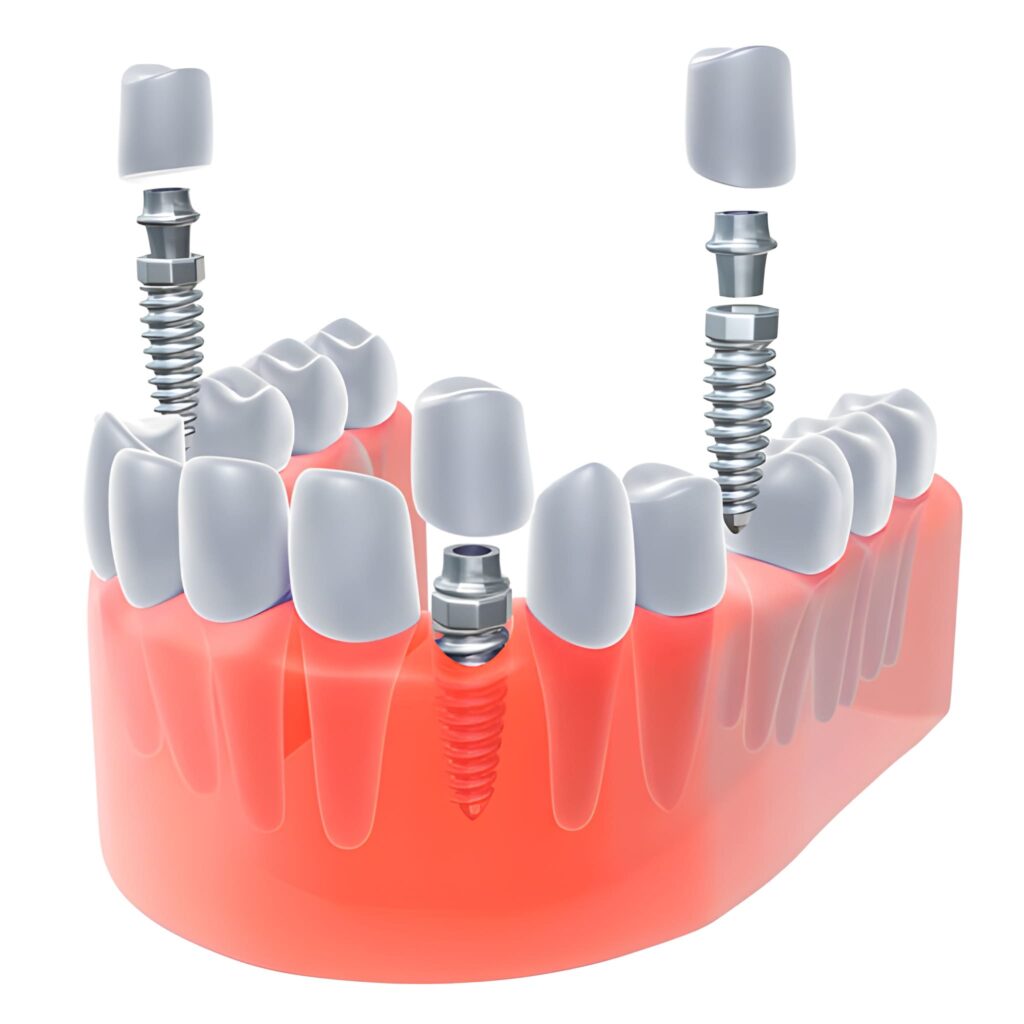If your toothache suddenly stops, it may feel like a relief. However, this isn’t always good news. When a tooth stops hurting, the nerve inside may have died. That’s why pain fades—because the nerve can no longer send signals. This is known as a dead or non-vital tooth. While there may be no discomfort, the problem hasn’t gone away. In fact, the infection could be getting worse without you knowing. Ignoring it may lead to serious issues, including abscesses or bone loss. That’s why it’s vital to visit a dentist right away, even if your pain disappears overnight.
What Is a Dead Tooth?
A dead tooth no longer receives blood flow to the pulp, which is the soft inner part containing nerves and blood vessels. When decay or trauma damages this area, the tooth slowly begins to die. You may notice changes such as discolouration, sensitivity, or an odd sensation when biting. Over time, the tooth can turn grey or black and may produce a bad taste or smell. A dead tooth will not heal on its own. To avoid further complications like swelling or infection, it’s essential to seek help from an emergency dentist in Aberdeen as soon as possible.
Will Pulling an Infected Tooth Stop the Pain?
Causes of a Dead Tooth
There are two main causes of a dead tooth—decay and trauma. Decay happens when a cavity is left untreated and bacteria reach the pulp. Once inside, the bacteria destroy the nerve, killing the tooth from the inside. Trauma is another common reason. A hard knock from a fall or accident can damage the blood vessels feeding the pulp. This stops circulation, leading to nerve death. Poor oral hygiene, gum disease, or grinding your teeth can also play a role. These problems might not cause immediate pain, but they still damage the tooth slowly over time.
Signs to Look Out For
The most obvious sign of a dead tooth is a change in colour. Healthy teeth are usually white or slightly yellow. A dead tooth, however, might appear grey, brown, or black. You might also notice a bad taste in your mouth or unpleasant breath. Swelling near the gumline is another sign. Although there may be no pain, the tooth might feel loose or strange when you chew. If you experience any of these symptoms, don’t wait for things to worsen. It’s best to see your dentist as soon as you notice something is off.
A Guide To Handling Kids’ Dental Emergencies In Aberdeen
What Happens If a Dead Tooth Is Left Untreated?
If you leave a dead tooth untreated, it may cause serious problems. Bacteria from the tooth can spread to nearby teeth or into the jawbone. You could develop an abscess, which is a painful pocket of pus. This can lead to facial swelling, fever, and even blood infection in severe cases. Over time, your body may begin to break down the bone around the dead tooth. This can affect nearby teeth and your overall oral health. Even if you’re not in pain, the damage is still happening. Early dental care can prevent these risks.
Is Salt Water Rinse Good for Tooth Infection?
How to Prevent a Tooth from Dying
Preventing a dead tooth is always better than treating one. Good oral hygiene is key. Brush your teeth twice a day and floss daily. Cut back on sugary snacks and drinks, which feed harmful bacteria. See your dentist every six months for regular check-ups. Wear a mouthguard during sports to avoid injury. If you grind your teeth at night, consider a protective mouthpiece. Spotting early signs of decay or trauma can help stop problems before they grow. With the right care and attention, you can keep your teeth healthy and avoid serious dental issues.
How Do I Get an Emergency Dental Appointment in Scotland?
Final Thoughts
Treatment for a dead tooth depends on its condition. If it can be saved, your dentist will likely suggest a root canal. This procedure removes the dead pulp, cleans the space, and seals it. A crown may be added to strengthen the tooth. If the tooth is too damaged, it may need to be removed. After extraction, you can replace it with an implant, bridge, or denture. The goal is to stop infection and keep your mouth healthy. Your dentist will explain the best choice for your situation based on the severity of the damage.
Act Early to Protect Your Smile
At Cove Dental and Implant Centre, we know that sudden relief from tooth pain doesn’t always mean recovery. If your tooth has gone quiet, don’t ignore it. Our experienced team offers root canal treatments, extractions, and full diagnostics to keep your mouth healthy and safe. Book your check-up today for peace of mind and expert care in Aberdeen.
Frequently Asked Question
Can a tooth be dead without pain?
Yes. Once the nerve inside a tooth dies, it stops sending pain signals. That’s why the tooth may feel fine even though there’s an underlying issue. You should still see a dentist right away.
What colour is a dead tooth?
A dead tooth may turn grey, brown, or even black. This is due to the breakdown of blood cells inside the tooth. Discolouration is often the most visible sign that the tooth is no longer alive.
Will a dead tooth fall out on its own?
Eventually, a dead tooth may become loose and fall out. However, this can take months or years and can lead to infection, bone loss, and damage to nearby teeth. Professional care is always safer.
Is a root canal painful?
Modern root canal treatments are not painful. Dentists use local anaesthetic to numb the area. The procedure removes infection and saves the tooth. Most people say it feels no different from getting a filling.
How long does it take for a tooth to die?
It depends. A tooth may die suddenly due to trauma or slowly from untreated decay. In some cases, the process takes weeks or months. Regular dental visits can help catch issues before it’s too late.
Can I still eat with a dead tooth?
You can, but it’s risky. A dead tooth is weaker and may crack or break under pressure. Eating with it might also worsen an infection. It’s best to avoid hard foods and seek treatment quickly.





